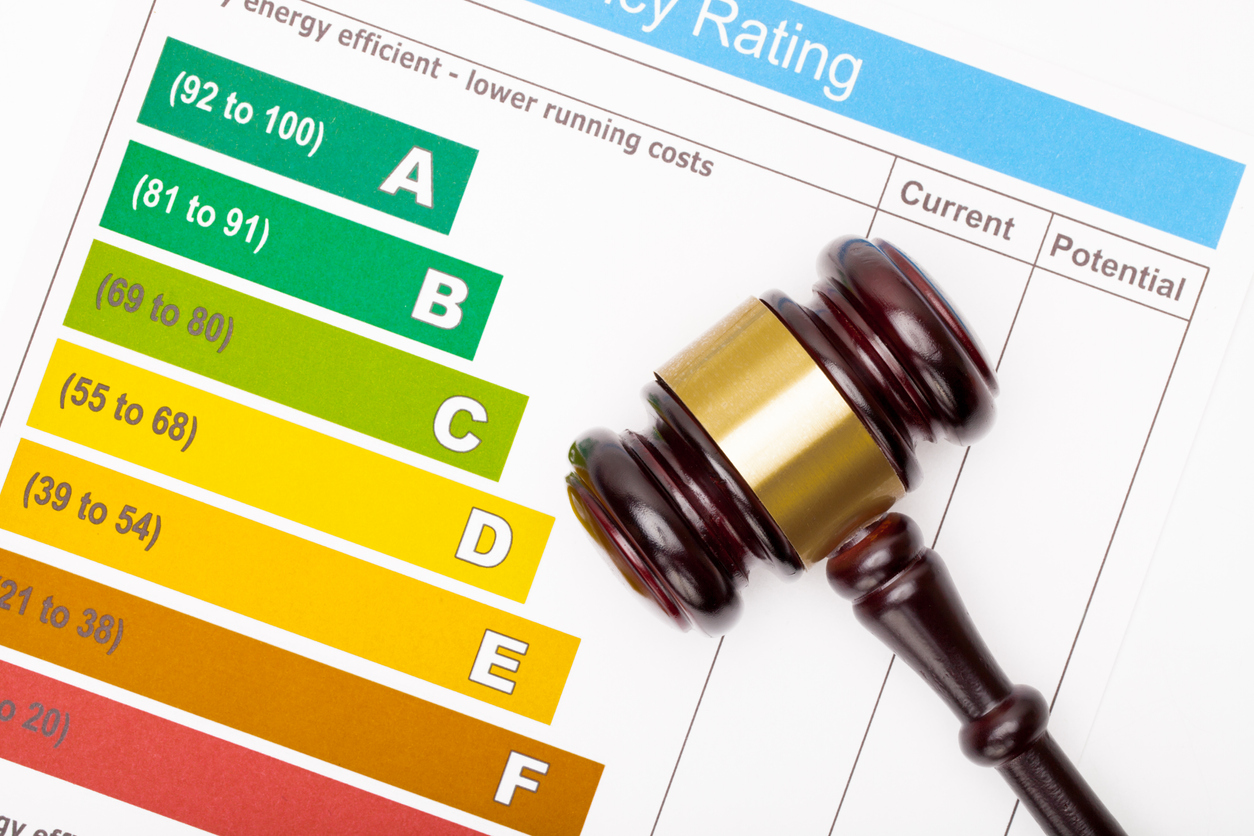
In a recent announcement, Rishi Sunak has pressed the “pause” button on plans that would have mandated privately rented homes to achieve a minimum energy efficiency rating of C.
The UK Government initiated discussions almost three years ago to establish a minimum C rating for the energy efficiency of rental properties. Despite several private members’ bills introduced to the House of Commons in an effort to enact this regulation, none have received government support, and as a result, none have become law.
This week, the Prime Minister’s address marked a pivotal moment in the UK’s approach to Net Zero, temporarily setting aside plans to enforce higher energy efficiency standards for rented properties. These proposed regulations would have obligated all residential properties let from 2025 onwards to meet a minimum energy efficiency rating of C, potentially requiring landlords with less efficient properties to invest up to £10,000 per property to achieve this new standard.
While the Prime Minister’s speech may offer some relief to landlords already grappling with the challenges posed by the cost-of-living crisis, the long-term trajectory of these regulations remains uncertain.
Temporary Respite Amidst an Uncertain Horizon
Originally, the Government’s proposals outlined stringent requirements for landlords to invest up to £10,000 per property in energy efficiency enhancements, regardless of property value or location, should they fail to attain a C-grade rating.
Interestingly, many industry news outlets prematurely treated these regulations as law, prompting numerous landlords to make significant investments in improving the energy efficiency of their properties.
Industry advocates have underscored the problems with a one-size-fits-all financial approach nationwide and emphasized the importance of tax incentives to facilitate property enhancements. Furthermore, there has been a consistent call for clear timelines to allow landlords to incorporate energy efficiency upgrades into their business strategies.
The Government has indeed been responsive to these concerns. Rishi Sunak’s speech emphasized the financial challenges faced by both landlords and tenants and stressed the importance of extending financial support to property owners for essential improvements.
However, a lingering question remains: does his statement that ‘we’ll never force any household’ to make ‘expensive upgrades’ hold true?
The political landscape is currently navigating its way toward a general election. While the Prime Minister exudes confidence in retaining power, the possibility of a Labour-led government emerging in the near future cannot be discounted.
Net Zero and its associated policies have become a focal point in the run-up to the election, as demonstrated in the recent Uxbridge and South Ruislip by-election.
While the Labour Party has yet to provide a comprehensive response to Rishi Sunak’s announcement, Ed Miliband, the Shadow Secretary for Climate Change, has already voiced support for mandating rented properties to meet a minimum EPC C rating.
In essence, this leaves the sector without a clear roadmap, further complicating landlords’ investment decisions.
What Actions to Consider in the Meantime?
Energy-efficient homes offer advantages for all parties involved. They reduce energy consumption and, consequently, costs, rendering them more appealing to tenants.
With residential properties accounting for approximately one-fifth of UK carbon emissions, the sector remains pivotal in the pursuit of Net Zero.
In anticipation of potential changes in government following the next election, it’s likely that new regulations will be introduced to compel landlords to take action. However, the specifics of these regulations remain undefined.
Many landlords are proactively enhancing the energy efficiency of their properties when opportunities arise, such as during tenant turnovers or void periods. Additionally, landlords can explore eligibility for support through initiatives like the Great British Insulation Scheme (GBIS) or local funding programs.
If your property is under the management of Purple Frog, we encourage you to reach out to Shaun Knight (shaun.knight@purplefrogproperty.com) , our Developments Director. Shaun can guide you through various options for enhancing the energy efficiency of your properties.
